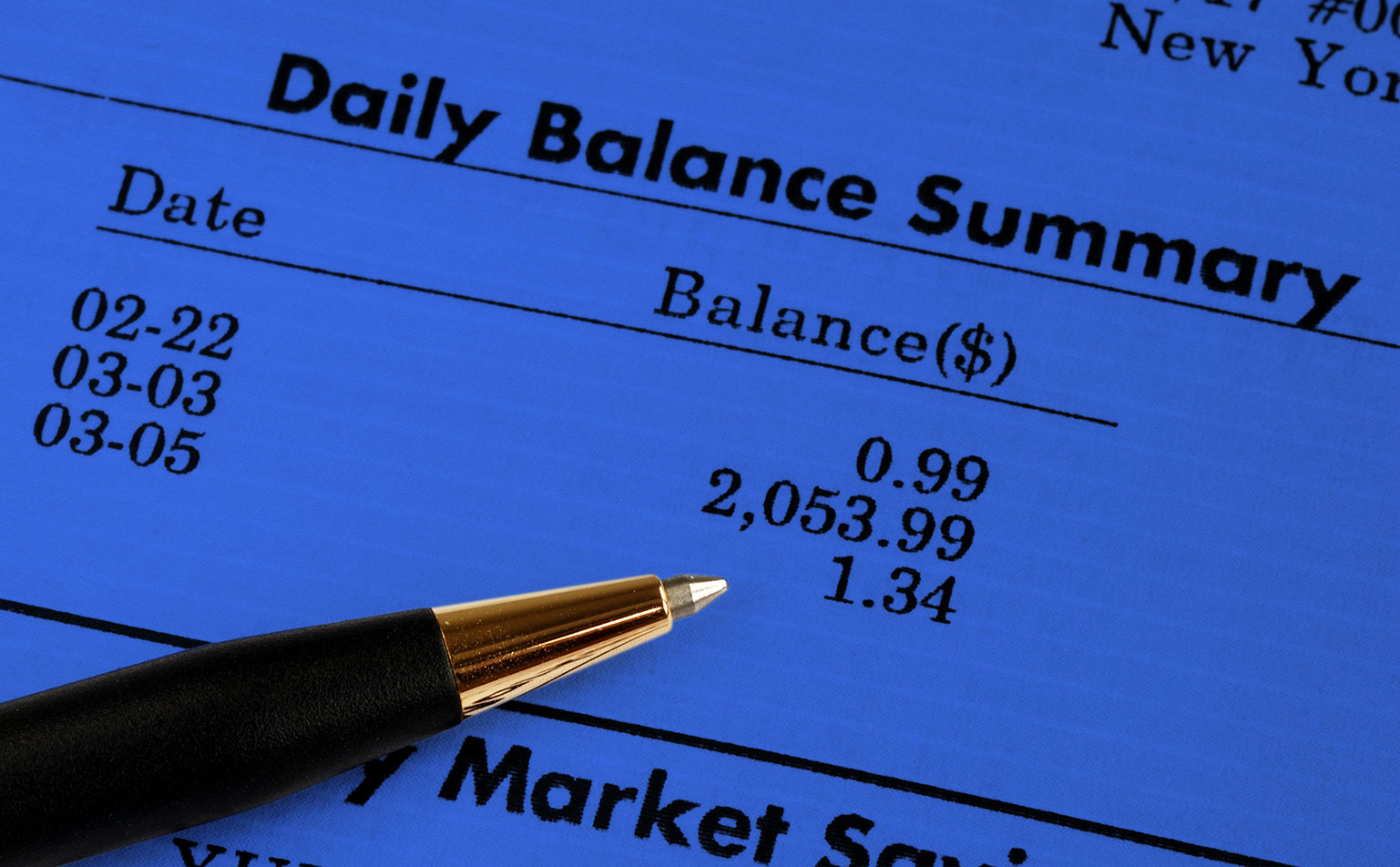Learning how to manage your money can make a difference when you need to save!
As we all know, it is far easier to spend money than it is to save it. Budgeting is never easy, but it is essential when you are getting ready to make a downpayment on a home or spread out upcoming costs to make your savings last. Therefore, the best thing for you to do is to make a habit out of watching your spending. We compiled this list of tips to help you get started. Here is what you need to know about managing money!
Banking Tips
First thing’s first, you need a bank account. Good thing there are a ton of options for newcomers. Get started by reviewing this list of bank companies and find the right banking option for your needs. When you have this settled, follow these smart tips for spending less and saving more!
- Pay off your credit card balance at the end of every month, so you don’t pay extra in interest.
- Pall all your bills on time.
- Follow the rules of your bank so you don’t get charged additional fees.
- Utilize online banking, so you can set up automatic payments and transfer funds.
- Stick to your budget.
Expense Tracker
This is a great method for budgeting. Basically, an expense tracker records your daily spending as well as any invoices, receipts, and additional expenses you need to pay. Whether you are using this for home or personal expenses, a tracker is a great way for managing your money.
There are a variety of expense trackers to choose from, so you can manage all of your expenditures. Moreover, gain insight into why you might be in debt and how you got there. This way you can see what can be cut from your daily spending habits in order to make your money last longer.
Budgeting Apps
Similar to an expense tracker, there are many budgeting apps to choose from. If you are not sure where to begin, research what users are saying about various apps. Many of them can be used for planning out future payments and costs. Here are examples of costs that you should include when mapping out your budget:
- Grocery
- Transportation
- Entertainment
- Housing and Rent
- School Tuition
- Utilities
- Internet and TV
- Clothing
- Car/Vehicle
- Wellness
- Loan Payments
Add to this list as you see fit. This includes any extra payments that you make regularly. For instance, incorporate your daily coffee runs and lunch outings. Hold yourself accountable for your routine spending by using budget apps.
In The End
Evaluate your buying habits to understand how often you are spending money, so you can figure out where to save. Once you understand how much you spend on a regular basis, you can find a better balance between your income and expenses. In the end, watching your expenses and learning how to budget will be the best thing you do for your wallet.
*Opinions expressed are those of the author, and not necessarily those of Student Life Network or their partners.



